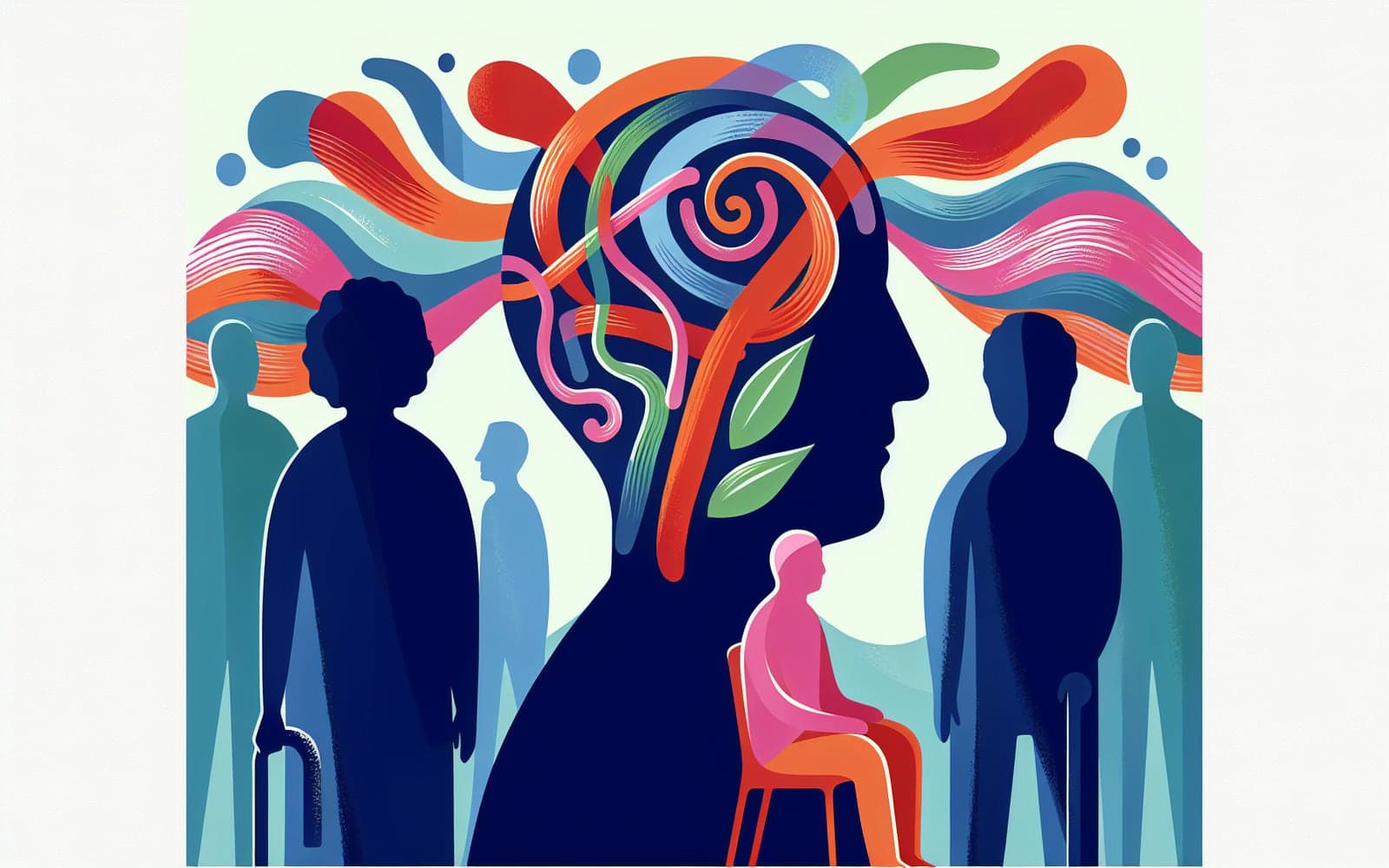What is Meniere's Disease? Understanding the Symptoms and Causes
Published: May 11, 2024
Meniere's Disease is more than just dizziness; it's a complex condition affecting hearing and balance. Let's explore what causes these symptoms and who is most at risk.
Contents
Understanding Meniere's Disease
Meniere's Disease is known for a trio of symptoms: vertigo, tinnitus, and hearing loss. These symptoms are believed to be caused by a buildup of fluid in the inner ear, known as endolymphatic hydrops. While the exact cause of the fluid buildup is unknown, it might result from issues with the flow or absorption of ear fluid, genetic factors, or even an immune response.
Who Gets Meniere's Disease?
Meniere's Disease can strike at any age, but it's most common in adults between 20 and 40. It sometimes runs in families, suggesting a genetic component. While it can affect anyone, diagnosing it can be tricky due to its fluctuating symptoms and the lack of universally accepted diagnostic criteria.

The Role of Genetics and Other Theories
Genetic factors play a role, as Meniere's can be inherited. Some theories suggest it might be linked to migraine due to shared vascular issues. Despite these insights, no single cause explains all cases, highlighting the need for more research into this puzzling disease.
Frequently Asked Questions
The main symptoms include episodes of vertigo, tinnitus, and hearing loss.
Yes, it can run in families, suggesting a genetic link.
It commonly affects adults between 20 and 40 years old.
Currently, there is no cure, but symptoms can be managed.
Key Takeaways
Understanding the symptoms and potential causes of Meniere's Disease is crucial for early management.
Talk to Doctronic to learn more about managing Meniere's Disease effectively.Related Articles
References
Meniere P. Congestions cerebrales apoplectiformes. Gaz md Paris 1861; 16:55.
Meyerhoff WL, Paparella MM, Shea D. Ménière's disease in children. Laryngoscope 1978; 88:1504.
Always discuss health information with your healthcare provider.

